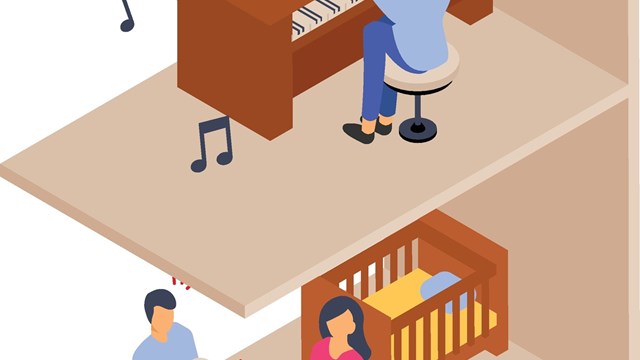
Q. I live in a prewar co-op building. It takes 5-10 minutes for the cold water in my kitchen and bathroom to get truly cold. It starts out warm or lukewarm (75-82 degrees Fahrenheit) when I first turn it on, and it’s very frustrating. The super looked at it and says it’s a problem in my apartment line somewhere. Others on my line have this issue, and other residents on different lines also have this same complaint and more, such as low water pressure, or no hot water for showers. The super thinks that locating the problem will cost thousands of dollars, and some board members don’t think there’s a problem. There’s definitely a problem in my apartment line located either within the walls somewhere or the basement where the water tanks are. Are the building staff required to fix it regardless of cost or difficulty? Can I sue for breach of contract since they’re refusing to address a water problem and water is considered a “common element”? Please let me know what I can do because it’s a very frustrating, unfair situation.
—Where’s My Cold Water?
A. “Pursuant to the Business Judgement Rule,” says Stuart M. Saft, a partner at the New York law firm of Holland & Knight in Manhattan, “the board of directors of an apartment corporation has complete discretion in the operation of the building and, unless there is a showing of bad faith, discrimination, or self-dealing, the court will not intervene in the operation of the building. The corporation’s obligations are described in the Proprietary Lease that you signed when you acquired your interest in the apartment. However, the board must also comply with New York City’s Multiple Dwelling Law, which mandates in 27-2031 ‘Supply of hot water; when required. Except as otherwise provided in this article, every bath, shower, washbasin and sink in any dwelling unit in a multiple dwelling or tenant-occupied one-family or two-family dwelling shall be supplied at all times between the hours of six a.m. and midnight with hot water at a constant minimum temperature of one hundred twenty degrees Fahrenheit from a central source of supply.’
“It may cost thousands of dollars to solve the problem, but the corporation’s failure to do so could result in the corporation being fined if a Department of Buildings inspector issues a violation for the infraction. Of course, the cost of the repair will fall on all the shareholders in increased maintenance or an assessment.”









5 Comments
Leave a Comment